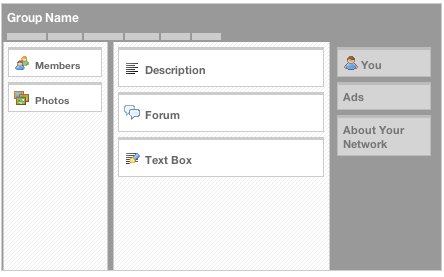Can we trust the Wikipedia? The Guardian Unlimited (among others) has a story, Read me first: Oh, what a tangled web we weave when we practise to deceive (Seth Finkelstein, Mar. 8, 2007) about the latest Wikipedia scandal. A Wikipedia administrator who been posing as a tenured religion professor turns out to be a 24-year old with no advanced degrees. What is worse ,is that Wikipedia has hired him and has been promoting this administrator, suggesting him as someone for a New Yorker article that now has an editor’s disclaimer,
At the time of publication, neither we nor Wikipedia knew Essjay’s real name. Essjay’s entire Wikipedia life was conducted with only a user name; anonymity is common for Wikipedia admin-istrators and contributors, and he says that he feared personal retribution from those he had ruled against online. Essjay now says that his real name is Ryan Jordan, that he is twenty-four and holds no advanced degrees, and that he has never taught. He was recently hired by Wikia—a for-profit company affiliated with Wikipedia—as a “community manager”; he continues to hold his Wikipedia positions.
So what are the ethical issues and what does this mean for the quality of Wikipedia content? On the second question, an Editorial: Wikipedia with caution (Mar. 8, 2007, by Editorial Board) by the The Stanford Daily strikes the right note for me.
Most university-level students should be able to discern between Wikipedia and more reliable online sources like government databases and online periodicals. To be fair, some of Wikipedia’s entries are specific enough to be extremely valuable in studying or researching, but others are shallow, short, and occasionally completely inaccurate.
On the moral issue there is a tension between anonymity, which many people need online to perform their chosen roles, and deception. It could be argued that to preserve anonymity a Wikipedia administrator under the spotlight might have to mislead critics, but Essjay went too far, he tried to build his reputation through deception.

 ThinkGeek has a T-shirt with the blog version of the “cogito” that Joanne thinks should be mine. See
ThinkGeek has a T-shirt with the blog version of the “cogito” that Joanne thinks should be mine. See 



